The Maharashtra state government has taken a significant step by approving the conversion of residential properties, previously under the Pimpri-Chinchwad New Township Development Authority (PCNTDA), into freehold ownership. This decision, which will affect over 11,000 property holders, follows a long-standing demand from residents. It was part of an assurance made by the state's industries minister, Uday Samant, during the monsoon session of the assembly earlier this year.
The properties in question are located in the Pune Metropolitan Region Development Authority (PMRDA) zone. These residential plots and buildings were leased out by PCNTDA between 1980 and 2010 on 99-year lease agreements. However, after PCNTDA was dissolved in 2021, ownership of the properties was transferred to two authorities—85% of the properties were handed over to the Pimpri-Chinchwad Municipal Corporation (PCMC), while the remaining 15% were assigned to PMRDA. With this new government order, property holders can now convert their leasehold agreements into freehold ownership by paying a fee, thus obtaining full legal ownership rights.
This decision is seen as a major relief for many residents who have long been unable to fully utilize or redevelop their properties. Under the previous leasehold system, these property holders faced numerous obstacles. One of the key issues was the difficulty in obtaining bank loans. Nationalized banks and other financial institutions were reluctant to grant loans for leasehold properties, as residents were not recognized as full legal owners. The inability to secure financing had caused significant distress among property holders, particularly those from economically weaker sections who relied on these loans for renovations, repairs, or even purchasing the property in the first place.
Additionally, residents faced bureaucratic hurdles when attempting to modify or redevelop their buildings. Even though most of these properties fell within the PCMC jurisdiction, any kind of structural work required a no-objection certificate (NOC) from PMRDA. This complicated process not only delayed necessary renovations but also hindered redevelopment efforts in areas that were ripe for growth. Many of these buildings, especially the four-storey residential complexes constructed by the government for industrial workers, are now in need of extensive repairs or complete redevelopment due to their age. The inability to move forward with redevelopment has been a growing concern, especially since these properties are located in high-demand areas like Bhosari, Chikhali, and Nigdi.
With the new freehold status, property holders will finally be able to move ahead with redevelopment and other projects without the administrative and legal bottlenecks that previously held them back. This is particularly important for the growth of the area, as many of these properties are situated in prime locations that could significantly increase in value once redeveloped.
However, while this decision marks a major win for property holders, it does not cover all the former PCNTDA properties. The state government has yet to make a decision regarding the conversion of the remaining 85% of properties, which were transferred to PCMC. This has raised concerns among residents and local leaders, who are pushing for a similar conversion process to be implemented for these properties as well. The number of property holders within PCMC limits is far larger, with estimates ranging between 75,000 and 80,000. If the same freehold option is extended to these properties, the benefits would impact a much larger portion of the population.
Local leaders, including Bhosari MLA Mahesh Landge, have been at the forefront of the push for converting all PCNTDA properties to freehold.Mr. Landge, who has been advocating for this issue in the state assembly, welcomed the recent decision but stressed that it is only a partial victory. He pointed out that a similar decision is needed for properties under PCMC jurisdiction, as it would provide relief to over 500,000 citizens. According to Landge, the move to freehold will allow residents to take full control of their properties and take advantage of financing options and redevelopment opportunities that were previously out of reach.
Importantly, the option to convert to freehold is not mandatory. Residents who prefer to continue with their lease agreements are free to do so. This flexibility ensures that those who do not wish to pay the conversion fees or who are satisfied with their current lease arrangements can maintain the status quo. However, for many property holders, particularly those looking to redevelop or secure loans, converting to freehold is likely to be an attractive option.
The conversion to freehold ownership will not only benefit individual property holders but also boost the overall development of the region. As property owners gain the ability to redevelop and modify their properties, the area is likely to see significant infrastructure improvements. This, in turn, could attract more businesses, investments, and residents to the region, further increasing the value of these properties.
While the state government’s decision is a significant step forward, the next phase will likely involve ongoing discussions about extending the freehold option to the properties under PCMC control. For now, more than 11,000 property holders stand to benefit from this decision, with the potential for many more to follow if the policy is expanded.

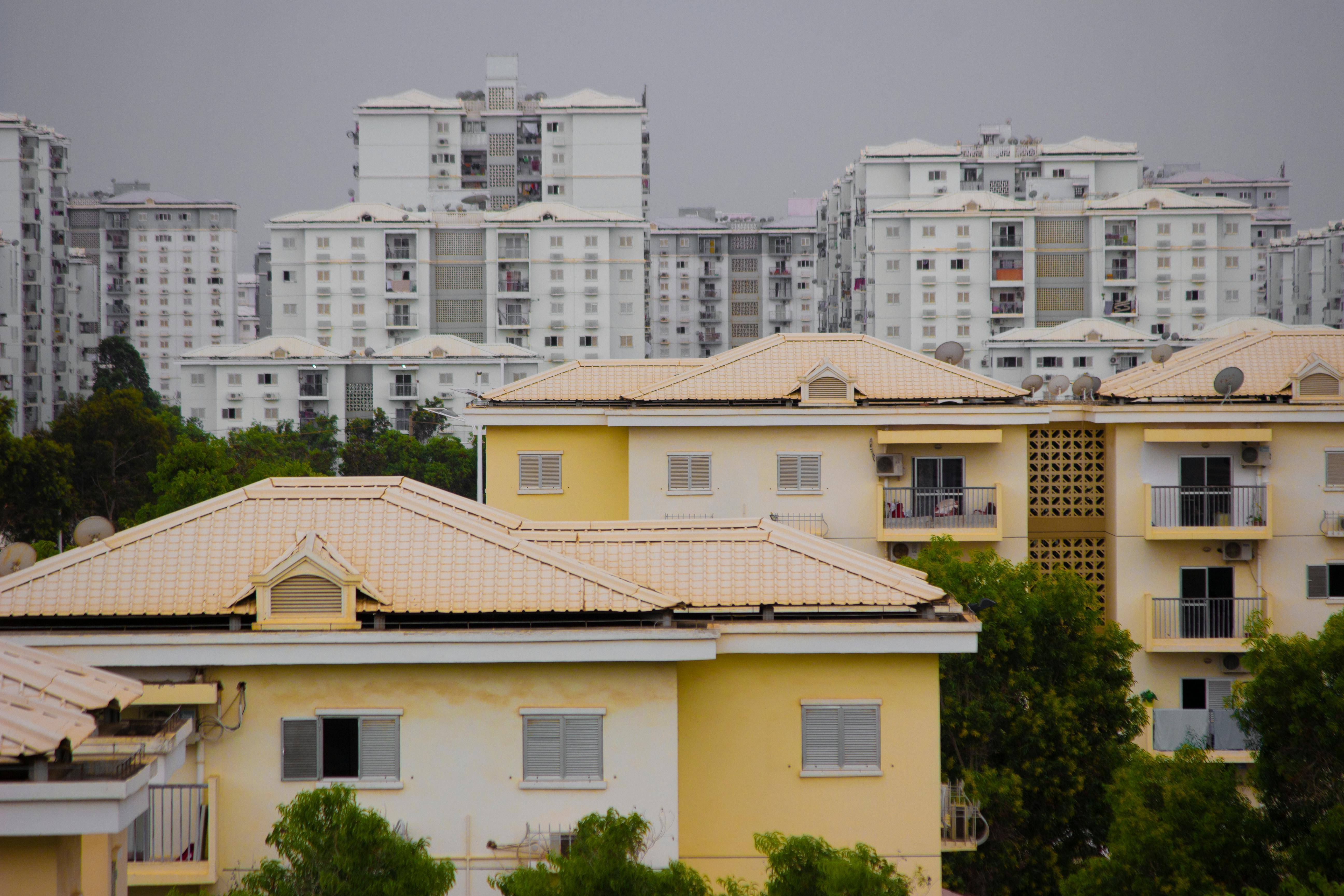
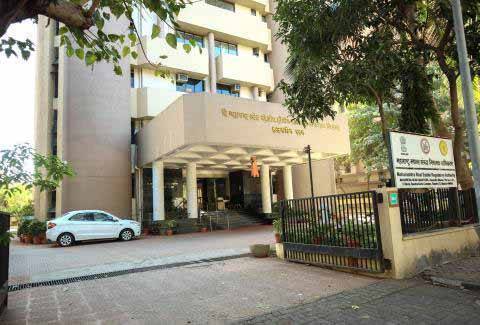
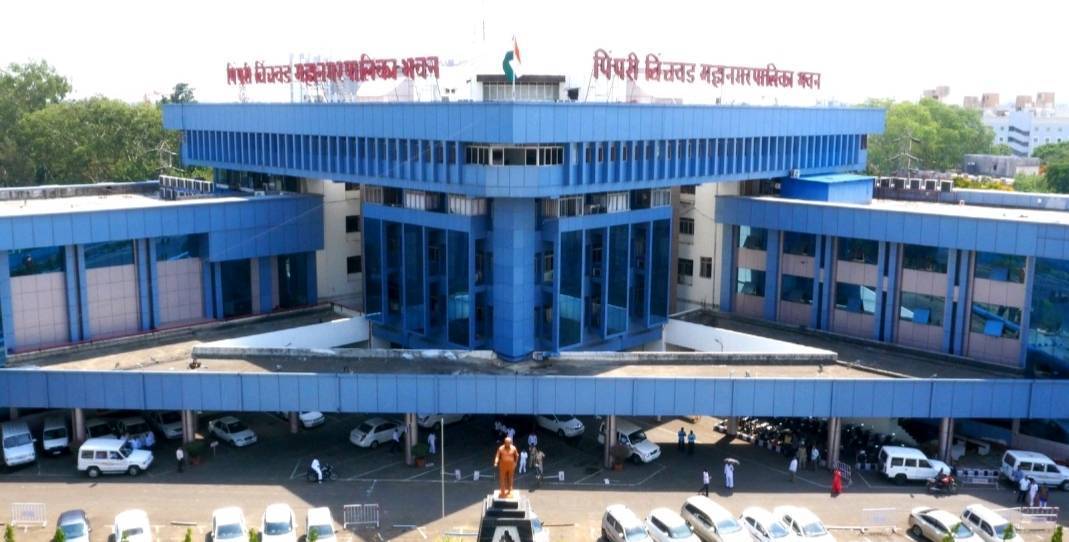
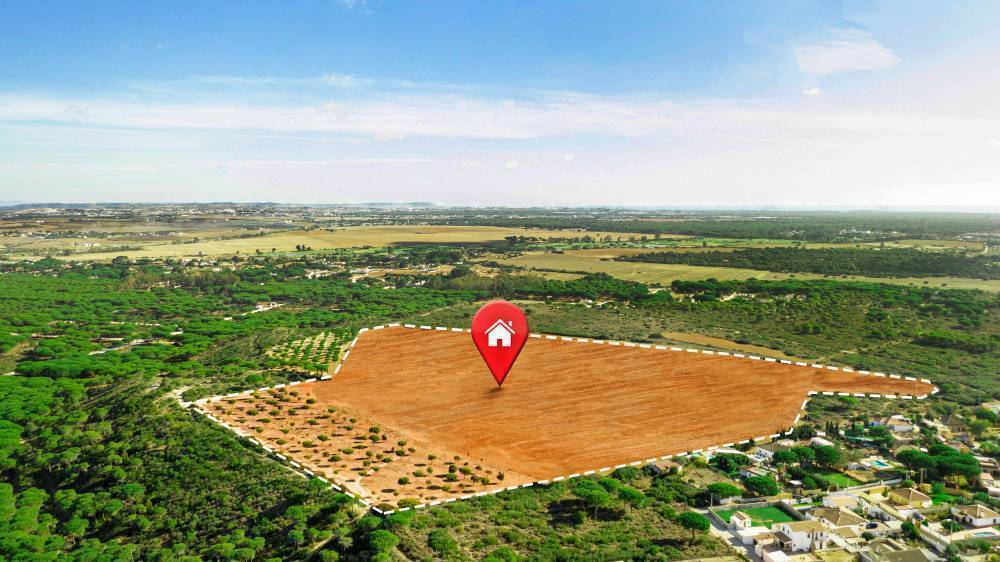


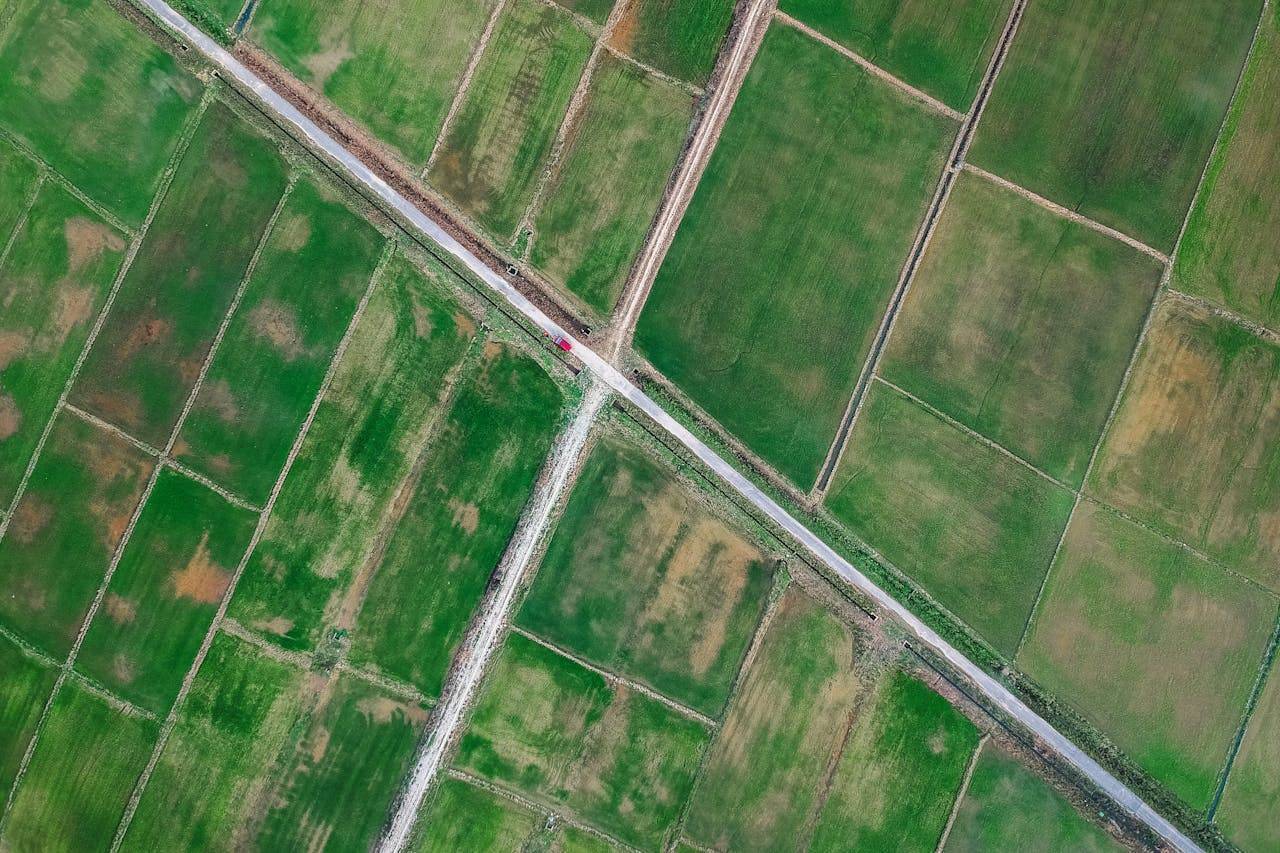

.png)